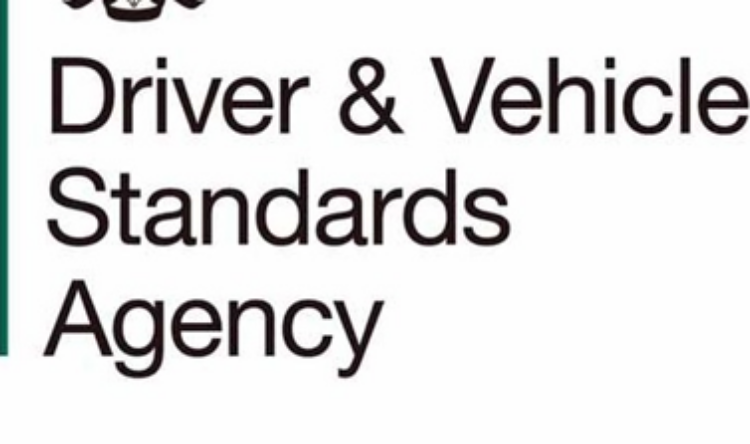Disaster avoided
Extension of the rules of origin tariffs signed and sealed
A deal has finally been struck to avoid Brexit tariffs on new cars set to come into force in January.
The UK Government has finalised a deal with the EU to extend trade rules on electric vehicles (EVs) until the end of 2026.
It postpones ‘rules of origin’ requirements and the imposition of 10% tariffs on EVs.
Cliff edge
Car manufacturing in the UK was facing a potential disaster if a deal was not.struck. This move is expected to save car manufacturers and consumers up to £4.3 billion in additional costs over the next three years.
It effectively means lower prices here, but also more competitive export sales abroad.
The Society of Motor Manufacturers and Traders (SMMT) had warned that EVs made in the EU could be hit with a £3,400 tax hike when sold in the UK.
Industrial blessings
“Deferring the rules of origin is a win for motorists, the economy and the environment” says Mike Hawes, SMMT chief executive. “Maintaining tariff-free trade in EVs will ensure consumers retain the widest and most affordable choice of models”. ,
Hawes goes on to say “governments have listened” and “acted to safeguard the competitiveness of the EU and UK automotive industries”.
The decision also gives the UK time to build EV battery factories and improve home supplied parts before the ‘rules of origin’ come in to play in 2026.
Under the more restrictive rules that were to come in to force, the only way to avoid these duties would be to source all battery parts and some critical battery material in the EU/UK, which manufacturers say is practically impossible to achieve today.
Time
The SMMT, alongside its EU counterparts, has warned consistently of the threat to the industry on both sides of the Channel.
The UK has failed to build the battery gigafactories in time, and only announced the go ahead for two factories this year. They will take some years to get up and running. The EU has a number but needs more and they would not have been able to supply the UK industry.
Jon Lawes, managing director at Novuna Vehicle Solutions and MHC Mobility, says: “This breakthrough is a lifeline for the UK and European motor industry. The Rules of Origin tariffs have cast a long shadow over the switch to EVs in the UK and Europe. With UK EV registrations declining in November, the rules threatened to further hit vehicle production costs and dampen EV adoption.
“With the New Year’s cliff edge averted, the industry and policymakers on both sides of the Channel need to focus on scaling up domestic battery capacity ”.
Added bonus
The UK is also looking to agree to extend the equivalent rules of origin in the UK-Turkey preferential trade agreement. This should also be in place ready for the end of the year, in a further boost for UK car companies. British car manufacturers are major exporters to the Turkish market, such as Ford.
Again, this will ensure the existing rules of origin will last for a further three years until the end of 2026. It will also provide more time for the UK to start negotiations for a new modern free trade agreement with Turkey next year.






